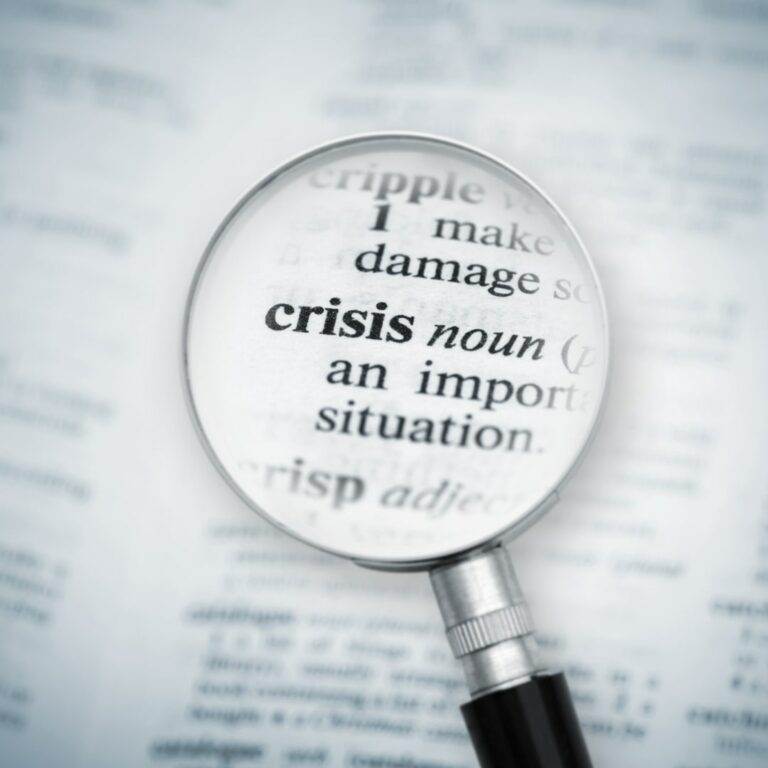Crisis management
Crisis communication management: The ultimate business lifeline in unprecedented times
Share this article:

In the face of an unforeseen calamity, be it a financial downturn, a public relations crisis, or an unforeseen global pandemic, it is paramount that a business navigates these turbulences with strategic communication. Crisis communications management is the crux that defines an organization’s resiliency and ability to bounce back.
Let’s dissect the importance of crisis communications management and its role in sustaining businesses through tumultuous times.
The rise of crisis communications management
In an era of rapid digital transformation, news can travel faster than wildfire. With the increasing connectivity provided by social media, a crisis can gain momentum within minutes. The implications can be cataclysmic for businesses, potentially damaging their brand reputation and financial stability. That’s why a robust crisis communications strategy is no longer optional; it is a must-have arsenal in every organization’s toolkit.
Crisis communication management is, in essence, a premeditated strategy designed to safeguard an organization from potential threats. It serves as a blueprint to guide businesses in controlling the narrative during crises, quelling rumours, and reassuring stakeholders.
The role of transparency and speed
Timeliness and transparency are the dual pillars supporting a successful crisis communications strategy. Businesses must act promptly to control the narrative and minimize damage. It begins with acknowledging the issue, providing updates as the situation evolves, and showing empathy toward those affected.
Transparent communication builds trust and credibility, paving the way for a quicker recovery post-crisis. Companies that shy away from the truth or deliver partial information risk exacerbating the situation, leading to further mistrust and damage to their brand.
The power of proactive crisis communication
Being reactive in a crisis is no longer sufficient. Organizations must invest in proactive crisis communication plans, anticipate potential crises, and have contingency plans in place. These include identifying key spokespeople, establishing communication channels, and creating potential crisis scenarios and response plans.
Proactive communication ensures businesses are not caught off guard. It gives them the upper hand, allowing them to manage the crisis from a position of strength rather than scrambling to mitigate the fallout.

Balancing technology and human touch
While technological advancements like AI-powered predictive analytics help anticipate potential crises, the human element remains crucial in crisis communications. During times of turmoil, stakeholders look for empathy, understanding, and reassurance, which only human communication can provide. It’s important to balance leveraging technology for analytical power while retaining a human touch in delivering sensitive messages.
Involvement of leadership
In a crisis, the role of leadership is paramount. The way leaders respond can either restore confidence or shatter it. Involving leadership in crisis communications conveys the seriousness with which the organization handles the situation. It also offers a personal touch, showing that those at the helm are actively involved in resolving the crisis.
Crisis communication training
An often-overlooked aspect of crisis communication management is training. Employees should be trained and well-versed in the organization’s crisis communication protocol. This ensures a unified and coordinated response, reducing the chances of miscommunication or conflicting messages that can further inflame the crisis.
Wrapping it up
Organizations can navigate the stormy seas of crisis situations by being proactive, transparent, and quick. It’s about using every challenge as an opportunity to demonstrate the company’s values, reliability, and resilience. Despite a crisis’s dark clouds, a well-handled response can sometimes result in a silver lining, enhancing an organization’s reputation and stakeholder trust. Therefore, investing in a strong crisis communication strategy is not just about surviving the storm but coming out stronger on the other side.
You may also enjoy...
Read more great articles like this, or return to the main articles page…
All is fair in PR and Oscars
A brief history of Oscar campaigning and how Hollywood tactics could work for you. If awards are a sport, then the Oscars are my Superbowl. From a very early age,…

From Trends to Timeless: Why Branding Should Always Come First
In the dynamic world of social media marketing, a trend evolves into something new every hour or even every minute. It is really easy for organizations and people to get…

The Power of Authentic Personal Branding
Jeff Bezos, the founder of Amazon, once said, “Your brand is what people say about you when you’re not in the room.” This statement emphasizes the importance of ensuring that…
